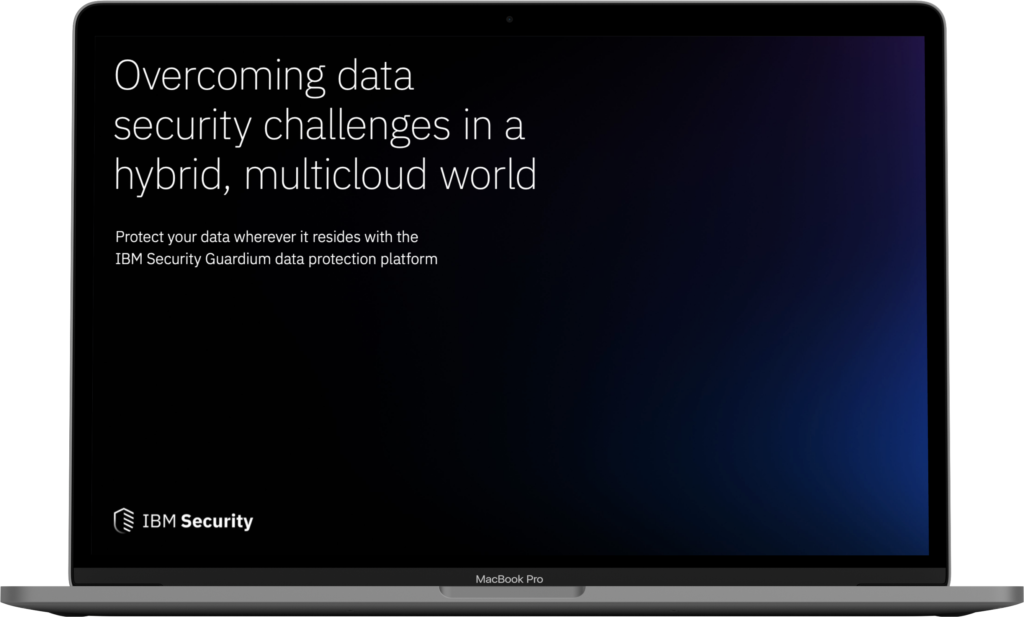
We help you shift to cloud-centric infrastructure, modernize your apps, accelerate value delivery, and manage your hybrid operations.
We help you shift to cloud-centric infrastructure, modernize your apps, accelerate value delivery, and manage your hybrid operations.
Plan + implement well-architected cloud environments ▪︎ Design + engineer public and hybrid infrastructure ▪︎ Bespoke edge and end-user cloud computing
Migrate workloads to cloud platforms ▪︎ Modernize legacy apps with cloud services ▪︎ Integrate legacy and cloud-native apps with modern streaming, messaging, and API solutions.
Agile planning ▪︎ Software version control ▪︎ Continuous integration & deployment ▪︎ Test automation ▪︎ Software observability ▪︎ IaC and provisioning
Advanced observability ▪︎ Automation and orchestration ▪︎ Hybrid and multi-cloud management ▪︎ DevSecOps integration ▪︎ Agile Service Management
See what’s new and check out featured solutions, real-world cases and other valuable content.
See what’s new and check out featured solutions, real-world cases and other valuable content.
We partner with the world’s leading technology vendors to bring you the best in public and hybrid cloud infrastructure, modernization, agile delivery and multi-cloud management.
☎ +30 210 99 47 100
☞ Evrymedontos 4, Athens GR10435, GREECE, Registration Number:123782001000

This ebook offers insights and considerations, and outlines how the IBM Security Guardium data protection platform can help.